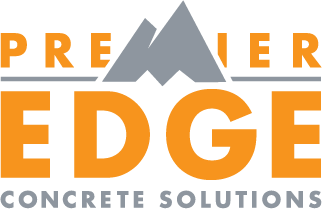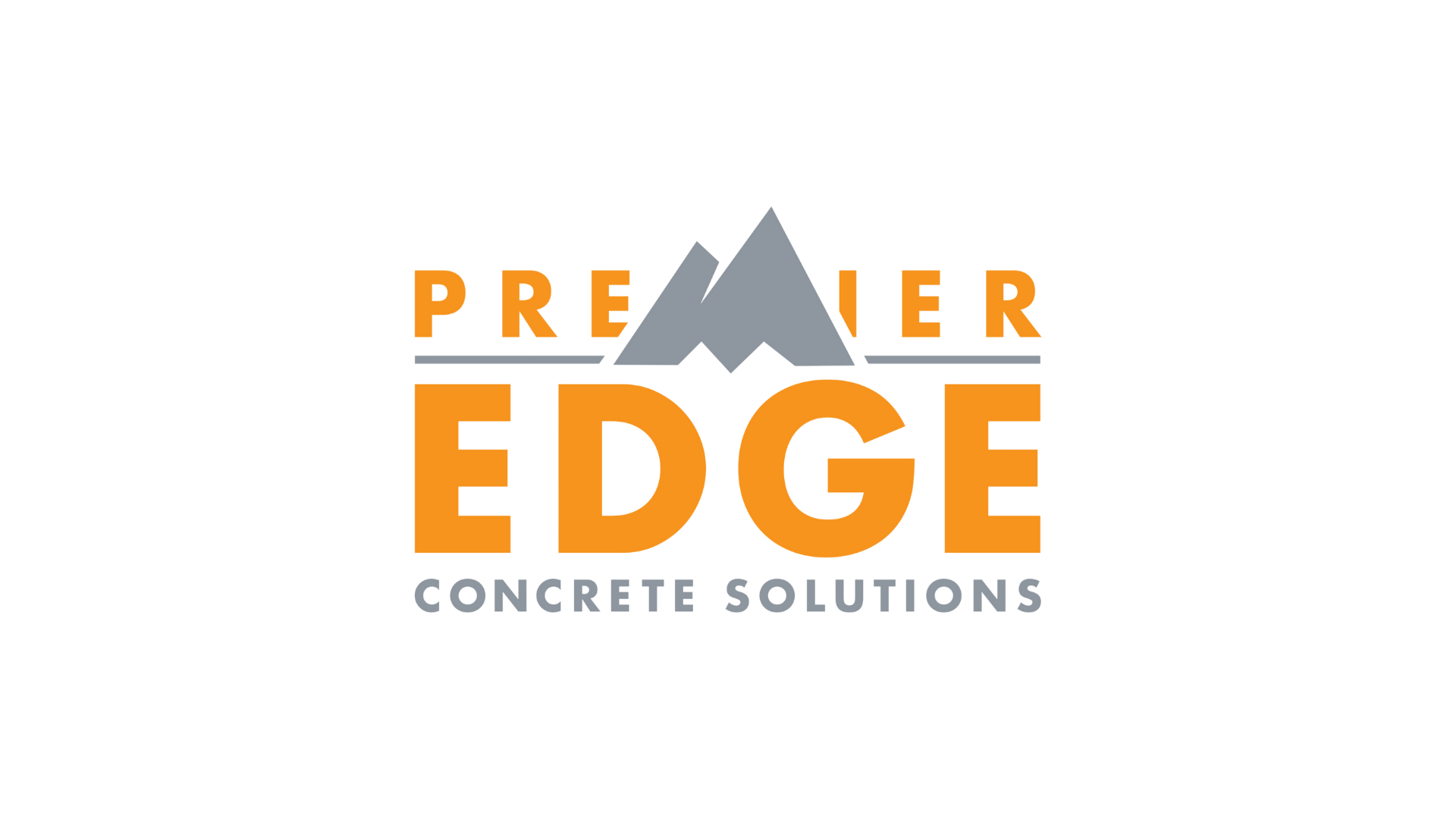If you want a garage floor that is durable and stylish, consider a polyaspartic coating. This type of floor is moisture and chemical-resistant, and it can be easily cleaned with a hose. It is also available with decorative flakes for a unique look.
Another advantage of polyaspartic is that it dries quickly. It also has fewer volatile organic compounds than epoxy, and it can be applied in a variety of temperature conditions. Get more info.
Polyaspartic is a polyurethane floor coating
Polyaspartic is an eco-friendly floor coating that uses fewer VOCs than epoxy. Its lower VOC content and quick curing time reduce pollution and waste production, as well as energy consumption. It also has a low odor, so it won’t affect your indoor air quality.
It is durable and stands up to high temperatures and chemicals. Its quick application makes it ideal for commercial and industrial flooring, and its high abrasion resistance means it won’t chip or crack over time. It’s also a great option for concrete floors in warehouses, garages, and commercial buildings.
The drawbacks of polyaspartic include its limited color options (typically light shades of gray) and its sensitivity to acidic compounds, which can cause corrosion and staining. Additionally, the coating is not suitable for areas with excessive moisture. Moisture prevents the coating from bonding to the surface and can lead to bubbles and peeling. This is why it’s best to leave floor coating installation to professionals.
It is durable
Polyaspartic is a durable floor coating that requires less maintenance than epoxy and is resistant to chemicals and abrasion. It is also a much more affordable option than traditional epoxy coatings. However, it is not as slip-resistant as epoxy floors. It may be useful to add a non-slip additive, such as a textured roller that creates small ridges on the surface of the coating.
Another advantage of Polyaspartic is that it can be used in areas with moisture. Epoxy can’t bond well in damp locations and is prone to bubbling and peeling. Polyaspartic doesn’t have this problem, so it can be a more durable solution for commercial and industrial spaces.
This type of floor coating is trickier to apply than epoxy, which is why it’s important to hire a professional installer. Polyaspartic has a short “pot life” and must be applied quickly to avoid drying in the bucket or on the floor. It is also more expensive than epoxy, but it can save money in the long run because it requires less frequent re-coating and repair.
It is easy to apply
Unlike epoxy, polyaspartic is odorless and dries quickly. This makes it easy to work with and allows the coating to be installed in almost any climate condition.
It is also a safer material than epoxy, containing very low-to-zero volatile organic compounds (VOCs). This means that there are no harsh solvents to be used during the installation process, and occupants can re-enter the space as soon as the floor is dry.
It can be applied over existing epoxy coatings, but a thorough surface preparation process is required. Cracks and holes in the concrete must be repaired, and moisture must be tested to ensure that the coating will bond with the substrate. Then, a primer coat is applied followed by the final coating. Decorative flakes can also be added to enhance the look of a garage floor. The whole process is typically completed within one day. The finished product is a high-gloss, smooth, and vibrant floor that looks great for years to come.
It is easy to clean
In addition to being easy to clean, Polyaspartic is environmentally friendly. Unlike epoxy, which uses toxic solvents, polyaspartic is low- or even zero-VOC. This minimizes air pollution during installation and reduces the use of energy and resources.
Its non-porous nature makes it less likely to collect dirt, dust, or other contaminants that can cause allergies. However, it is still important to sweep or vacuum your floors regularly to reduce debris and avoid scratching. It is also recommended to use a pH-neutral cleaner, which helps remove bacteria and germs.
This type of concrete coating is highly chemical-resistant, making it an excellent option for garages, workshops, and commercial applications. It is also extremely durable and resistant to UV rays, so it will maintain its color for years to come. However, it is not as good at absorbing battery acid, so it may not be the best choice for mechanics. It is also not as strong as traditional epoxy, and it won’t bond well to concrete which gives off a lot of moisture. Browse the next article.


